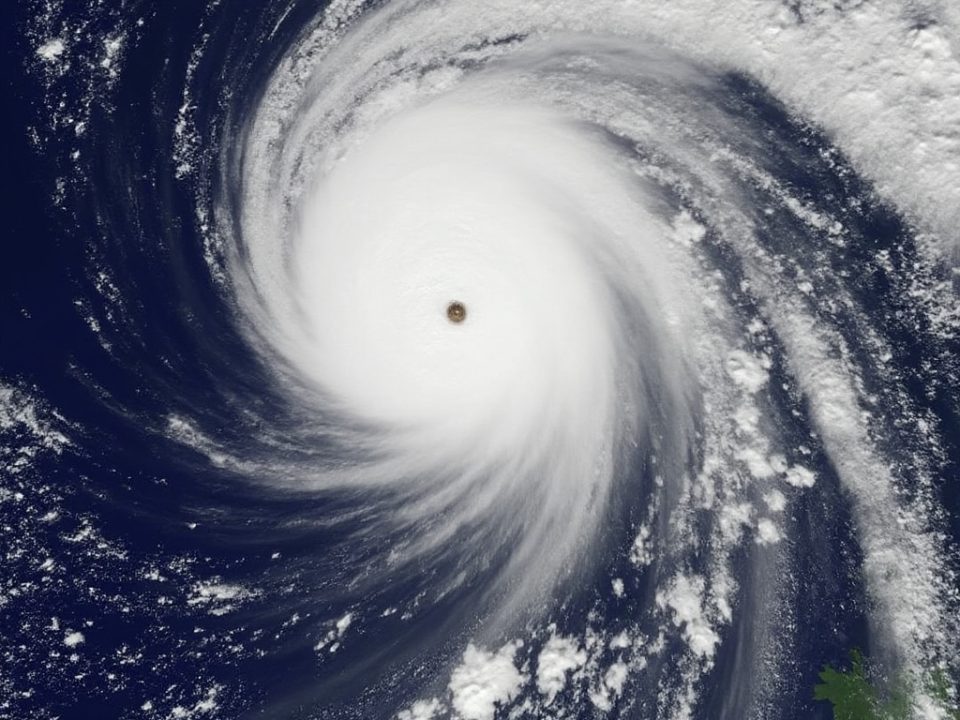
AAA Shares Insurance Advice for Floridians Recovering from Hurricane Milton
AAA – The Auto Club Group is providing advice to help residents who suffered either wind or flood damage from Hurricane Milton.

“Once conditions are safe to do so, begin assessing your property, take pictures of any damage, and contact your insurance provider immediately to begin the claims process,” said Jennifer Pintacuda, President of AAA’s Florida-based insurance provider. “Many providers like AAA offer multiple ways to file a claim, whether that be over the phone, online or a mobile app.”
Filing an Insurance Claim
To file a claim, residents should contact their insurance provider. Floridians who have insurance from AAA can visit AAA.com/Claim for information on filing a claim for home, auto and flood policies.
Know your Coverage
Hurricanes can cause both wind and flood damage, yet not all events are covered by the same insurance policy.
- Damage caused by wind and debris is covered by a residents’ homeowners insurance policy. However, that policy does not cover flood damage to the interior of your home. Hurricane deductibles are normally imposed only once per calendar year.
- Flooding is covered by flood insurance, which is a separate policy provided by National Flood Insurance Program or other private flood insurance providers. Without flood insurance, homeowners could apply for federal disaster assistance via a loan from the U.S. Small Business Administration. Unlike claims payments for flood insurance, SBA loans must be repaid. Unlike with the homeowner’s policy, deductibles are typically imposed for each flood event.
- Wind and flood damaged vehicles are often covered by “comprehensive” auto insurance policies. However, because Floridians are not required to carry this coverage option, some may not be protected.
What to do if your property suffered wind/debris damage:
- Document the damage. Take photographs and videos of any damage for your claim.
- File your claim immediately. The sooner you file, the sooner you get assistance.
- Prevent further damage. Only do what’s necessary to prevent further damage, until an adjuster can review the damage. This includes covering broken windows with plastic or getting a professional to cover the roof with tarps to keep rain out.
- Document expenses and keep receipts for any preliminary repairs, displacement or other out-of-pocket expenses related to the claim, which can count toward your deductible. This could include tree removal, tarps, ice chests for food, overnight stay in a hotel, etc.
- Contact your insurance company immediately to begin the claims process.
What to do if your home was flooded:
- Contact your insurance provider immediately to begin the claims process.
- Take photos and video of the damaged areas.
- Measure and record flood water levels. Take photos of the water line with a visible tape measure to show how high the water rose in your home.
- Do not clean the flood debris line before the adjuster arrives.
- Carefully remove water and dry out the area, as long as it’s safe to do so. Do not enter rooms with standing water if electricity is on. Take precautions to limit exposure to flood water, which can contain harmful bacteria and other pests.
Flooded Vehicles
When a car has been partially or completely submerged, AAA recommends the following:
- Do not attempt to start a vehicle if the water level rose above the door opening. Doing so could cause irreversible damage to your vehicle’s engine and other components.
- Take photos from the exterior of the vehicle. Do not open the doors if the water levels are still high.
- Once the waters have receded, take photos of the interior.
- Contact your insurance provider.
- Have your vehicle towed to a mechanic for a full inspection to ensure it’s safe to be driven.
Flood-Damaged Electric Vehicles
Batteries in hybrid and electric vehicles are highly corrosive and should not be exposed to standing water. EVs that have been submerged in water have a high potential to combust due to the battery short circuiting. If your EV has been exposed to flood conditions and you suspect your battery is damaged, do not drive it or connect it to a charging station. Instead, have the vehicle inspected by a certified technician. Seek emergency help immediately if you see or hear anything unusual coming from underneath the EV.
Causing Flood Damage While Driving
- Do not drive down flooded streets. You may not realize how deep the water is or what’s lurking underneath.
- If you drive through deep water and your engine cuts off, do not attempt to restart it. Doing so could flood the engine. Instead, quickly exit the vehicle and go to a safe location to call for help.
- Have the vehicle towed to a repair facility to be inspected.
Beware of Contractor Fraud
AAA cautions residents about the potential of contractor fraud. The aftermath of a hurricane or other severe storm creates the opportunity for scammers and unlicensed contractors to take advantage of those who need help.
Dishonest contractors may try to profit by:
- Accepting payment then never completing (or even showing up for) the job.
- Using inferior materials or performing work that’s not up to code.
Red Flags to Watch For:
- Contractor shows up unsolicited.
- Points out damage you have not previously noticed.
- Asks for full payment up front and/or in cash only.
- Promises services at no charge to you or offers to waive your insurance deductible.
- Pressures you to encourage your family, friends, or neighbors to hire them for services.
- Offers you a discount for letting them use leftover materials from a previous job.
AAA’s Advice
- Before hiring someone to make repairs, contact your insurance company to file your claim and ensure the damage is covered by your policy.
- Don’t sign any paperwork or authorize a contractor to start work until after your insurance company reviews the damages.
- Get itemized written estimates from at least three different licensed, insured contractors before hiring someone for the job.
Check the Contractor’s Credentials
Do not allow a contractor to inspect your property, including your roof, until you have verified that they are licensed and insured.
- Verify the contractor has an active, valid Florida license at www.MyFloridaLicense.com.
- Check for complaints filed against him or her on the Better Business Bureau’s website at www.BBB.org.
About AAA – The Auto Club Group
The Auto Club Group (ACG) is the second largest AAA club in North America with more than 13 million members across 14 U.S. states and two U.S. territories. ACG and its affiliates provide members with roadside assistance, insurance products, banking and financial services, travel offerings and more. ACG belongs to the national AAA federation with more than 64 million members in the United States and Canada. AAA’s mission is to protect and advance freedom of mobility and improve traffic safety. For more information, get the AAA Mobile app, visit AAA.com, and follow us on Facebook, Twitter and LinkedIn.



